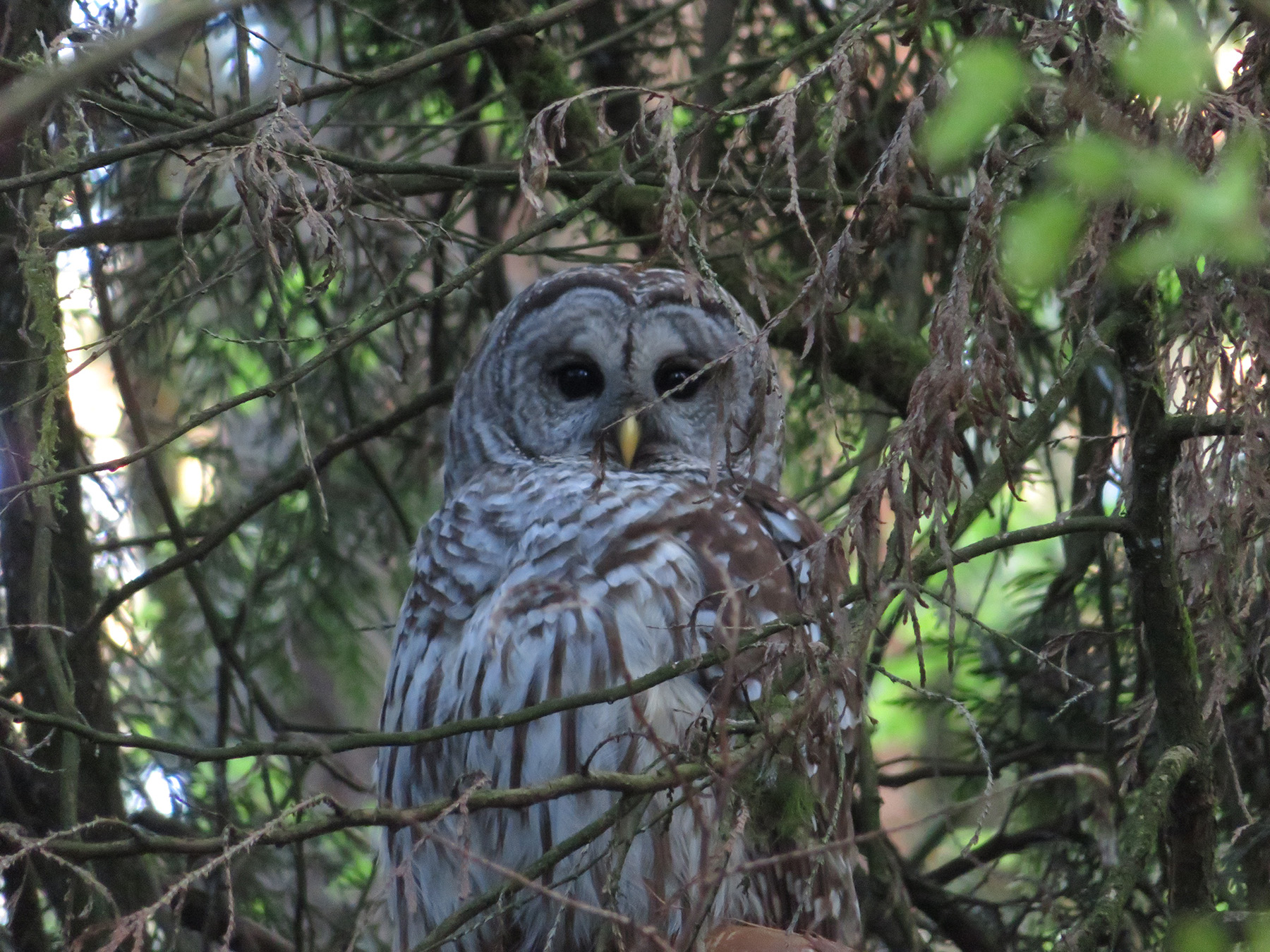There are days when serendipity reigns. They are rare. They are welcome. And, as it so happens, one of them was yesterday. Early that morning I read an essay by a young acquaintance whose writing I have posted here repeatedly for its depth and perceptiveness. Mattathias Schwartz reported on the Trouble with Scale, offering devastating evidence why we need to change our approach to the rapid adoption of products across the world. Unchecked growth is not always good – an urgent example being the effect of internet proliferation on the genocide against the Rohingya in Myanmar. Among other outlets, including the NYT and the New Yorker, Matt writes for a relatively new nonprofit journalism organization, Rest of World, which so far has delivered nothing but interesting articles – I urge you to check them out if you are at all interested in international topics that won’t appear on our regular radar.



Mid-morning I received an email from a friend who sent me a link to a short film made by friends of her’s, Donata and Wim Wenders. The film is part of a project by public broadcasting in Berlin to create multiple shorts from various artists and intellectuals highlighting aspects of our current world-wide situation.
I am attaching my translation of the spoken/written word in the 2 minute clip so my US readers can appreciate the expressed yearning for change as well. Filmed in his apartment the short follows Wim Wenders editing his typewritten manuscript of reactions to the challenges facing us. You will spot immediately how it is connected to the essay recommended in the beginning of today’s musings.



Here is the film:
Here is the translation:
What would I wish for? Change.
How will our lives change “afterwards?”
Many people think about this right now and it is the most pressing question. What will happen after this brutal emergency brake that was applied to our world?
What would I wish for? Change.
Can we only imagine change when it seems necessary to us?
When and how are we humans willing to accept change?
Only through extreme situations like wars or global crises? The majority of us have never experienced those. Wars are always somewhere else and the second world war was too long ago….
And the climate catastrophe?
It is only existentially experienced by those who will suffer its consequences, the children, the youth, the poorest of the poor, for most of us “there’s still time….”
But don’t we all experience NOW, ALL TOGETHER, for the first time, on the whole planet, something that threatens us all?
And does that not force us to rediscover the COMMON GOOD, the way we are dependent on one another, responsible for each other?
Our new experience of isolation, of being separated, left to fend for oneself, the huge longing for …. connection. How will all that change how we value community or society?
———one sentence I didn’t get————-
Surely it has to be based on a new sense of togetherness, a rediscovery of equality, brotherhood or solidarity… ) (all concepts that have fallen out of favor)
Do we have the strength to redirect out thinking in this direction?
Are we able to learn the lesson?
Will supermarket cashiers, medical personell and delivery truck drivers remain HEROES even “afterwards?”
Not, if all we want is to return to “business as usual.”
“Growth” per se simply cannot remain the holy grail of politics.
Central to the new order has to be socially minded thinking concerning humanity and climate conscious action concerning the planet.
“Afterwards”, nothing will be more important than change. (Renewal? Transformation?)
*
You know Wenders likely from movies like Paris, Texas, or Wings of Desire, but I highly recommend that you check out a recent documentary, probably one of the best films they made, available on multiple outlets here, about Pope Francis. The visual skill of the film making is stellar, but it was the message that moved me, delivered without pathos, didacticism or condescension: to mend our ways is the only way we can and will survive the forces currently destroying the fabric of our world, quite literally. Religion can – perhaps – play a significant role, if religious representatives remain honorable.

Finally, at the end of the afternoon, I had made my way through multiple days of listening to Igor Levit playing Beethoven, alerted by a friend who pointed to his brilliance.
I found just the piece to end with today: a concert of the Waldstein Sonata he gave this April at Schloss Bellevue in Berlin, introduced by the German President, Walter Steinmeier, who pleaded with us to support the arts in these difficult times (what a difference a president makes…) The pianist reminded us, that it is a piece about togetherness empowering us all. I guess serendipity had lost patience with me, because the video of the performance refused to transfer to the blog. So here are the first and last movement from one of his CDs, I could not find a full version outside of Spotify….
Here is the link to the Bellevue concert, maybe if you copy it directly into youTube, it might work – worth looking at his hands. https://www.youtube.com/watch?v=lC8DBTfJI90

Photographs today are in honor of Wim Wender’s devotion to Francis of Assisi, Patron Saint of the birds, and my own devotion to owls. All of these photos – with the exception of the horned owl I found in New Mexico last year – are from the last weeks, when a barred owl made an appearance in my garden while we were sitting on our deck, and in the forest nearby during multiple hikes. Talk about serendipity….






Philip Bowser
<3
Ghost hug, too.
Thanks for brightening the day.